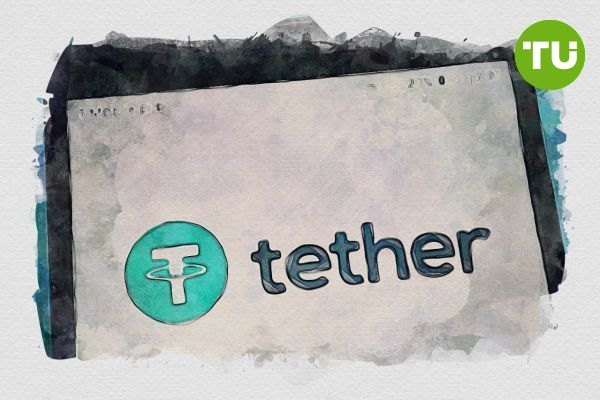Tether expands USDT to Bitcoin Lightning Network
 Currently, USDT is available on 17 networks
Currently, USDT is available on 17 networks
The world’s largest stablecoin issuer, Tether, has announced the integration of USDT into the Bitcoin ecosystem. As revealed at the Plan B conference in El Salvador, Tether will utilize the Taproot Assets protocol developed by Lightning Labs for this expansion.
Tether CEO Paolo Ardoino described this initiative as a push toward real-world financial applications, stating that the goal is to offer “practical solutions for remittances, payments, and other financial applications requiring both speed and reliability.”
“Millions of people will now be able to use the most open and secure blockchain to send dollars worldwide. It all comes back to Bitcoin,” said Lightning Labs CEO Elizabeth Stark, emphasizing the broader financial impact of this initiative.
Back to Bitcoin
Originally launched in 2014, USDT was first available on one of Bitcoin’s earliest scaling solutions, Omni. However, Omni lost the competition for payments to ERC-20 tokens on Ethereum and later to TRC-20 tokens on Tron. As a result, in 2023, Tether completely discontinued support for Omni, as it accounted for less than 0.3% of the total USDT supply.
The new integration via Taproot Assets will enable fast and low-cost transactions on the Bitcoin Lightning Network, positioning it as a competitor to other blockchains.
Currently, USDT is available on 17 networks, with Ethereum and Tron being the most popular. These two networks account for the vast majority of USDT in circulation—$74.4 billion and $59 billion, respectively.
As we wrote, Tether has expressed disappointment over the European Union’s Markets in Crypto-Assets (MiCA) framework, which is leading to widespread delistings of non-compliant stablecoins, including its flagship USDt (USDT).













































































































































